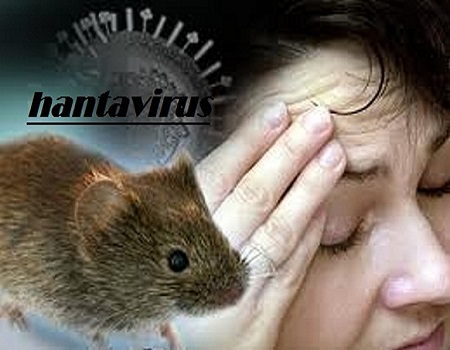Ikponwonsa said this in an interview with News Agency of Nigeria on Monday in Benin.
He explained that Orthohantaviruses are single-stranded, enveloped, negative-sense RNA viruses in the Hantaviridae family of the order Bunyavirales, which normally infect rodents where they do not cause disease.
ALSO READ: Titi Abubakar calls for collective efforts to tackle human trafficking
Ikponwonsa noted that humans might become infected with Hantaviruses through contact with rodent urine, saliva or faeces.
He said: “In its early stages, hantavirus infection is difficult to distinguish from influenza, pneumonia or other viral conditions.
“After four to 10 days, more-serious signs and symptoms begin.
“Hantavirus pulmonary syndrome can worsen suddenly and may quickly become life-threatening if not treated once it is noticeable,“ he said.
According to the physician, the symptoms include fever and chills, headaches and muscle aches, vomiting, diarrhoea or abdominal pain.
Others are cough that produces secretions, shortness of breath, fluid accumulating within the lungs, low blood pressure and reduced heart efficiency.
He sad hantavirus were carried by several types of rodents, particularly the deer mouse which become infected primarily by breathing air infected with hantaviruses that were shed in rodent urine and droppings.
He, therefore, warned people against unhealthy living, using things without washing them and also to watch out for the symptoms.






